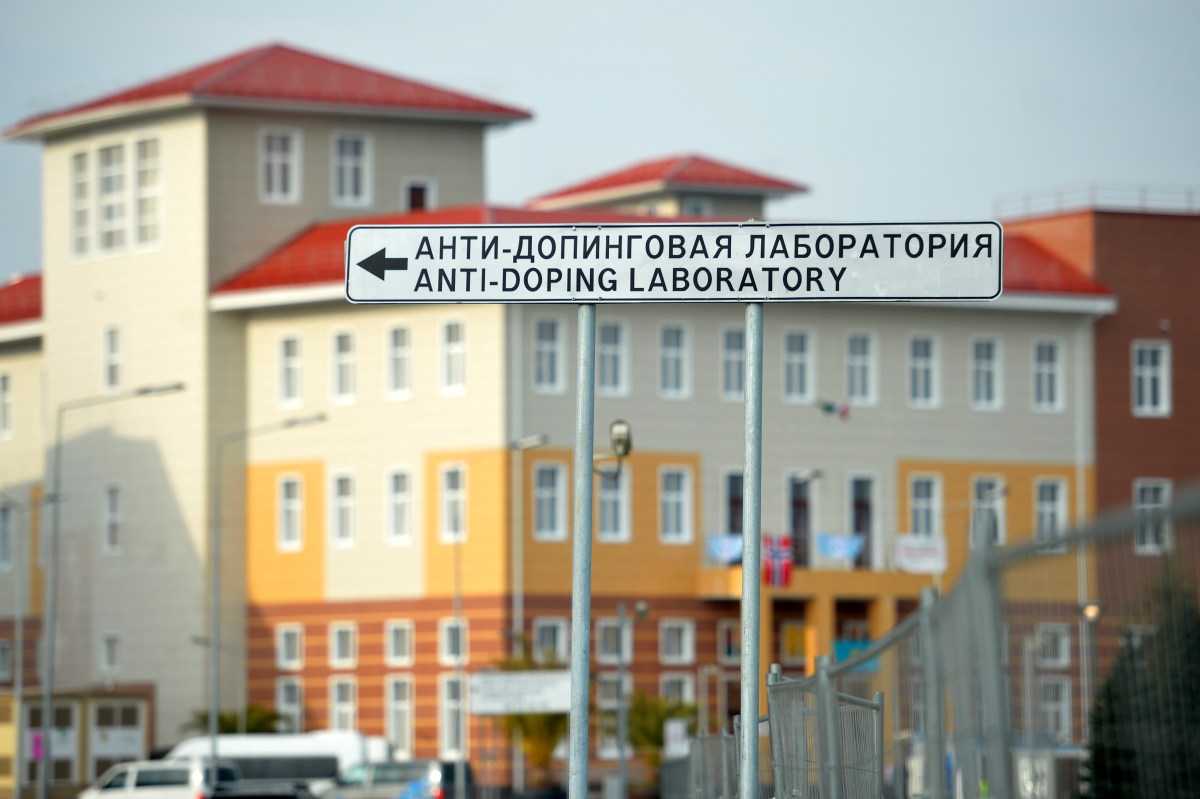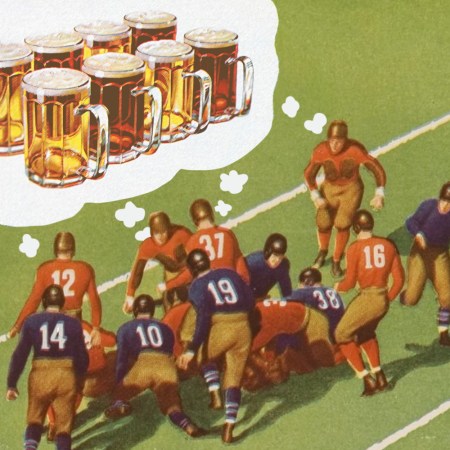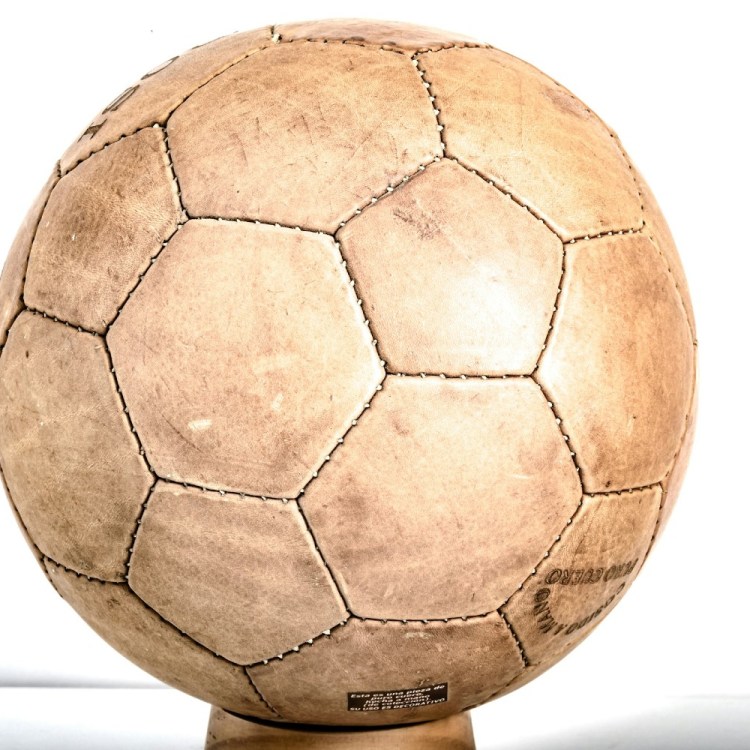The notorious Sochi antidoping laboratory that was at the center of one of the most elaborate cheating schemes in sports history has been converted into a gastropub. The building was previously where Dr. Grigory Rodchenkov, a chemist who ran drug testing in Russia for a decade, including at the 2014 Sochi Olympics, spent his nighttime hours tampering with more than a hundred urine samples to conceal the widespread use of banned, performance-enhancing drugs among Russia’s top athletes. But now, the building is home to La Punto, which is even being recommended to fans on the World Cup website.
“It is an extremely positive thing,” Artyom Zhuk, 35, a sailor from Novorossiysk, said when asked about the building’s transformation at the World Cup, according to The New York Times. “We want people to come here, have fun and see that Russians are friendly.”
But the gastropub does allude to the building’s dark past through its extensive cocktail menu. You can get a Meldonium, an absinthe-based cocktail named for a performance-enhancing drug. Or you can order the B Sample: tequila, sambuca and Tabasco sauce. This is also the name of the supplementary urine sample required in Olympic drug testing. The drink is yellow.
“It effectively acknowledges some of the things that went on, but at the same time it trivializes it,” said Richard McLaren, who spent much of 2016 investigating what had happened at the Sochi lab. “I get the humor in it.”
Thanks for reading InsideHook. Sign up for our daily newsletter and be in the know.


















